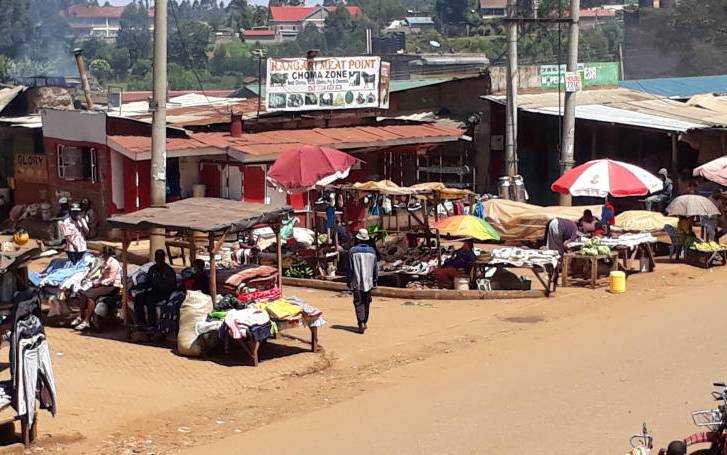×
The Standard e-Paper
Home To Bold Columnists

Section of Kangari market which is partially owned by a descendant of colonial chief Njiiri wa Karanja, whose son Kariuki wa Njiiri stepped down in favour of the late President Mzee Jomo Kenyatta at Kigumo Legco seat in 1961. [Boniface Gikandi, Standard]
When Jomo Kenyatta was released from prison in 1961, he could not join national politics because he was not an elected leader.